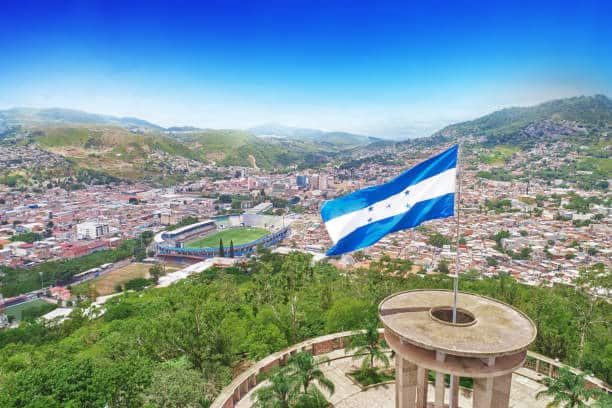The National Banking and Securities Commission of Honduras (CNBS) has passed a resolution prohibiting the country’s financial institutions from engaging in cryptocurrency-related activities.
The CNBS stated that crypto transactions cannot be guaranteed by the Honduran central bank due to the lack of regulation in the sector.
The resolution highlights the risks associated with cryptocurrencies and blockchain-based financial services, including potential fraud, operational issues, and legal risks.
It also emphasizes the possibility of cryptocurrencies losing acceptance as a means of payment since they are not legally recognized.
Honduras Voices Concern About Unregulated Nature of Crypto
The resolution further expresses concerns about the unregulated nature of crypto assets, which can be exploited for fraudulent schemes, money laundering, and financing terrorism.
As a result, the CNBS has mandated that institutions under its supervision refrain from maintaining, investing, intermediating, or operating with cryptocurrencies.
“Prohibit institutions supervised by the National Banking and Securities Commission from maintaining, investing, intermediating or operating with cryptocurrencies, crypto assets, virtual currencies, tokens or any other similar virtual asset.”
Additionally, supervised institutions are prohibited from holding derivative instruments based on crypto assets.
The resolution also emphasizes the need to incorporate information about the risks associated with crypto assets into financial education programs.
It is important to note that the resolution does not affect the operations of crypto exchanges in Honduras, which continue to operate without restrictions.
The CNBS, as part of the Honduran presidential administration, unanimously approved the resolution, which takes immediate effect as of its release on February 15, 2024.
Honduras had previously issued a warning about the use of cryptocurrencies in March 2022, following reports that the country might adopt Bitcoin (BTC) as legal tender, similar to El Salvador.
The Honduran central bank had expressed interest in studying the possibility of issuing a central bank digital currency at that time.
Honduras Sees Growing Bitcoin Adoption
Despite the regulatory stance, Honduras has seen some adoption of Bitcoin within its borders.
I have now been in Honduras for about one month.
I am here attending the two months long popup city #Vitalia, an event at the frontier of technology and policy, where 200+ attendees with backgrounds in biotech, crypto, AI and charter cities live, work, and learn together.
Some… pic.twitter.com/aYNfjB5lME
— Petar Čekerevac (@pcekerevac) February 10, 2024
One of the most notable developments is in Próspera, a special economic zone on Roatán Island, which has taken a pioneering step by officially recognizing Bitcoin as a unit of account, allowing it to be used to measure the market value of goods and services.
Spearheaded by Jorge Colindres, the acting manager and tax commissioner of Próspera, the initiative aims to expand financial and monetary freedom for individuals and businesses operating within the zone.
Despite technological and regulatory challenges that currently prevent the implementation of a “Final BTC Tax Payment Procedure,” the zone has outlined a process for entities to report tax liabilities in Bitcoin, although they are temporarily reported in U.S. dollars or the Honduran lempira.
Moreover, the broader Honduran community is embracing Bitcoin through initiatives like the ‘Bitcoin Valley’ in the town of Santa Lucia.
This project aims to transform Honduras into a regional hub for crypto investors by encouraging a wide range of businesses to accept Bitcoin as payment.
Bitcoin Valley seeks to capitalize on the growing interest in crypto assets, following in the footsteps of neighboring El Salvador, which has seen a significant increase in tourism and economic activity following its adoption of Bitcoin as legal tender.
Read the full article here
